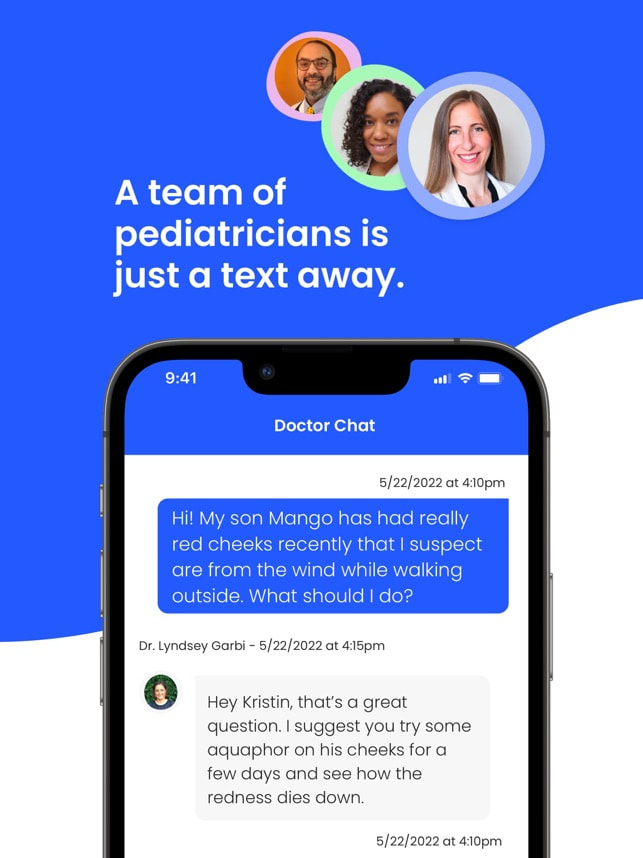|
As foster parents, understanding how our foster children’s brains work can be incredibly helpful and informative. Dr. Mona Delahooke, a leading expert in the field of trauma and development, explains that the brain of a child who has been through trauma is essentially a hyper-sensitive prediction machine. This means that their brain is constantly on alert for potential danger, even when there isn’t any. In this blog post, we will discuss why foster children’s brains work as prediction machines and what we can do to help them develop and process predictions more effectively.
Why Foster Children's Brains Function as Hyper-Sensitive Prediction Machines Foster children often lack the secure attachment relationships with caregivers that are necessary for healthy development and thus may not have access to a secure base from which to explore the world without fear or anxiety. To cope, their brains begin trying to anticipate all potential danger. Their brains end up being hyper-sensitive prediction machines, constantly trying to understand what is happening next and feeling betrayed when it doesn't go as expected. This means that they may exhibit behavior such as hiding or being overly defensive when there isn’t any real threat present. How We Can Help Foster Children Process Predictions More Effectively The good news is that we can help foster children process predictions more effectively. Here's how: 1. First and foremost, work to build attachment. Letting the child know you're someone they can trust will be key to helping them know they don't have to be on heightened alert at all times. While this is critical, unfortunately, this is also the strategy that takes the longest (but the tips below will also help you get here). 2. Validate feelings and show empathy. When a child says "no" to a simple request, recognize this isn't about defiance or a personal attack on you. Your simple request may have made their prediction machine scream "ERROR" which triggered their anxiety and stress and made them feel the need to verbalize a "no". Taking a look at what you may have indirectly been asking them to do or stop doing will help you see it from their view. For example, if they were playing with toys and you asked them to stop and pick up their clothes, they likely said "no" because they were having so much fun with their toys and expected to continue to play without interruption. You could say "I know you're playing with your toys right now and having so much fun. As soon as you're done putting your clothes away, you'll get to continue playing and I know it's going to be awesome when you do." 3. Implement routines. Routines are hugely powerful in making the unfamiliar familiar. The first few weeks with a placement, you should try your best to implement routine into different parts of your family's day. This will help your foster child make predictions with at least a bit of accuracy. 4. Tell them what to expect as often as possible. Since following routines isn't always feasible, explain to them what's coming next. If they can read, during the first month or two, write out what their week will entail. If they can't read, verbally tell them each morning what they can expect. Often in those first few days, they'll still ask you time after time what the plan is even if you've told them; as hard as it is to repeat yourself and as much as it feels like they must not be listening, understand that is their "prediction machine" at work. 5. Give time-based warnings and use timers. For kids as young as 2, timers are an effective way to let them know what to expect and approximately when they can expect it. If a child is having a hard time sharing toys, let them know you'll be setting a timer and when it goes off they have to share (and use it again to demonstrate their next turn with the toy). If they have to stop watching their show to take a shower, tell them you're setting a timer for 10 minutes (and try to give them verbal warnings throughout those 10 minutes). The first few times may be difficult, but kids often catch on quickly, especially with a distinct sound of a timer. 6. Teach them coping skills so they can regulate their own emotions. First, teach your foster child to identify different emotions. Then, teach self-regulation strategies such as deep breathing, progressive muscle relaxation, mindfulness exercises, and listening to a calming song. Model it in your own life often by saying things like "I'm feeling frustrated right now. I think I'm going to take 3 deep breathes to calm down." Foster children's brains often function as prediction machines due to the psychological trauma they have experienced. This can cause them to be overly defensive or anxious even when there is no real threat present since their brains are constantly trying to anticipate danger. Fortunately, foster parents can help foster children process predictions more effectively by providing consistency and structure while also building trust. |
AuthorI'm a foster mom, bio mom, working mom, special needs mom, busy mom. I'm also married to my high school sweetheart, I'm a proud 23-year childhood cancer survivor, and I'm passionate about serving my community. More from FosterMamaArchives
March 2023
Categories
All
|




 RSS Feed
RSS Feed